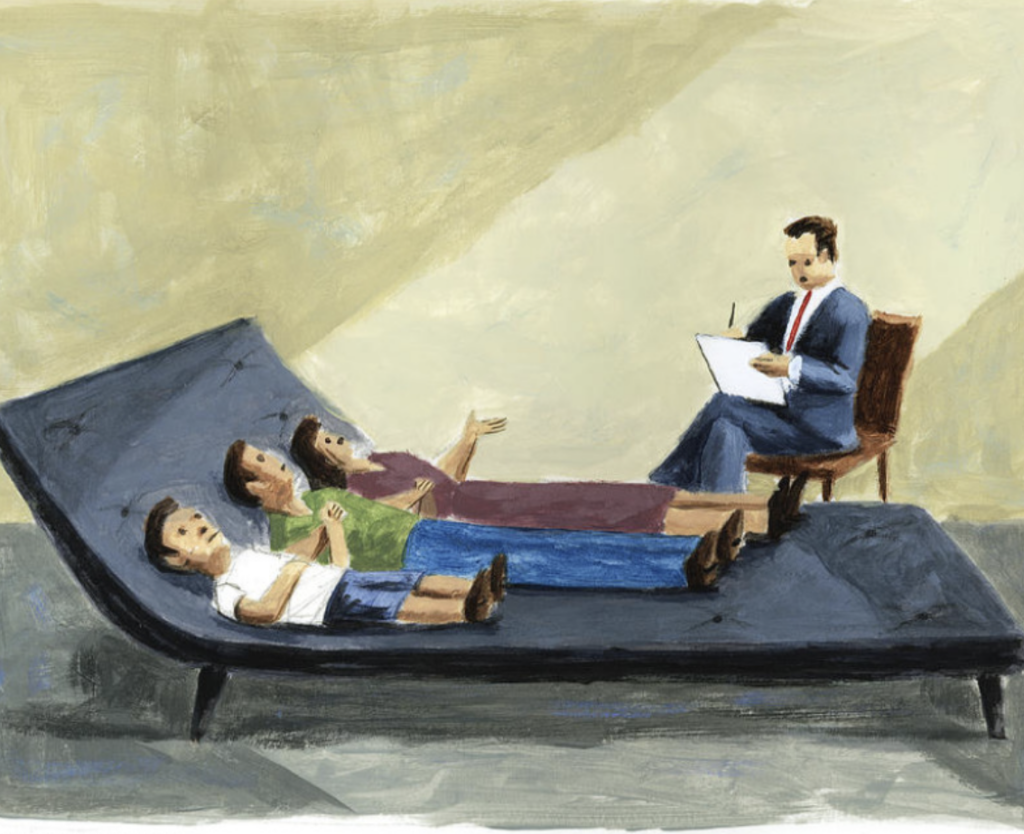
Author: Catherine Herling
When individuals decide that Dialectical Behavior Therapy (DBT) is the best modality for them to achieve their goals, they are often under the impression that they will mostly focus on their behaviors and how to manage their emotions during challenging times. However, we don’t live in a bubble and are influenced by not only our surroundings, but the lessons we learned from our family members and support network. While DBT is traditionally done individually, clinicians are frequently exploring the impact that both a client’s environment and upbringing have on their impulsivity and control of their emotions.
Biosocial theory states that transactions between one’s social environment and their biology impact their emotional vulnerability and impulsivity; this is one of the core components of DBT and is frequently addressed in DBT Therapy. Both your social environment and biology are influenced by your family, sometimes looking like a family history of mental illness and other times looking like being invalidated by loved ones when expressing emotions or needs. DBT Therapists will often ask clients what messages they received growing up related to emotions and how their emotions were received by their loved ones in order to help both the client and therapist understand the way these past events impact their current thought processes and action urges.
The Interpersonal Effectiveness module in DBT focuses on strengthening current relationships, building new and satisfying relationships, and ending unhealthy ones. In order to make alterations in one’s relationship, there is a need to self-reflect and analyze relational patterns non-judgmentally. Often times, these analyses look like a therapist asking clients to discern which relationships in their lives are healthy and which ones are unhealthy and exploring what values are important in relationships and the origin of these values in order to determine whether or not these values should be maintained.
Whether or not one’s main goal of therapy in DBT is to address past or current family challenges, our sense of self and coping skills have been shaped by our family dynamics. By acknowledging this and observing it nonjudgmentally, there is an opportunity to take control of one’s own thoughts and actions and make a genuine change in their life.